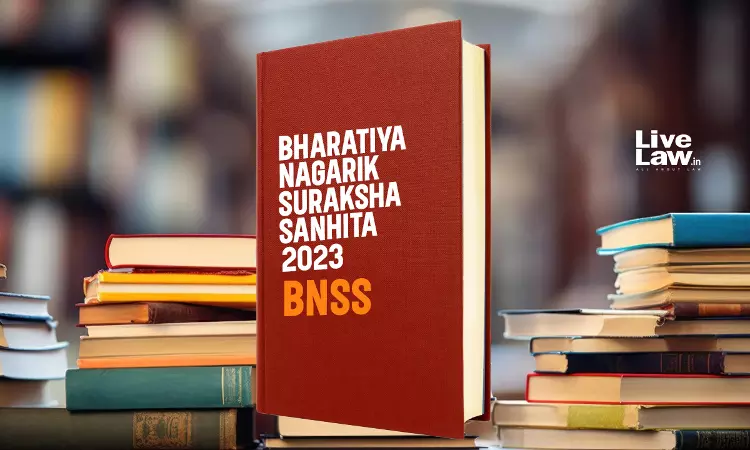Police Must Adopt Digital Reforms Brought By BNSS; Use 'E-Sakshya' For Evidence Documentation : Kerala High Court
Anamika MJ
26 July 2025 6:59 PM IST

The Kerala High Court has issued a directive to the State Police, urging immediate and comprehensive reform of investigative practices in line with the Bharatiya Nagarik Suraksha Sanhita (BNSS), 2023. Highlighting the critical need for foolproof investigations in heinous crimes such as murder, the Court called on the State Police to urgently upgrade their investigative capabilities through modern training, updated protocols, and strategic investments in forensic technology.
The Bench comprising Justice Raja Vijayaraghavan V and Justice K V Jayakumar made these observations while acquitting a man previously convicted of murder due to glaring investigative lapses. The judgment stresses that criminal investigations are bedrock of the justice system and must reflect scientific precision and unwavering diligence.
The Court identified e-Sakshya as the technological linchpin of the BNSS framework. This digital platform embodies the principle that all evidence once created should be immediately saved and shared in digital form for the justice system to use.
The Court noted that the State Police forces must proactively embrace e-Sakshya to ensure that they comply with the provisions of the new law. The Court directed that the State Police are required to take urgent measures to ensure that they use e-Sakshya or any other capable platform for documenting: (a) all searched and Seizures under section 105 BNSS, (b) all crime scenes of offences punishable greater than 7 years under Section 176 (3) BNSS, and ( c) all confessional or witness statements that are allowed to be recorded on video under Sections 180 and 183 BNSS.
The Court stated that effective investigators today must integrate traditional investigative techniques with modern scientific methods to ensure that all traces of evidence are obtained and produced before the court.
The Court referred to Pooja Pal v Union of India [(2016) 3 SCC 135], where the apex court mentioned the purpose of criminal investigation and its efficacious prospects with the advent of scientific and technical advancement. Thomaso Bruno v State of UP [(2015) 7 SCC 178] and Rollymol v State of Kerala [2024 KHC 7324], were also referred to where it was observed that the advancement of information technology and scientific temper must pervade the method of investigation.
“The tools and knowledge required to conduct effective investigations are well-established, from basic crime scene management to advanced DNA sequencing and cyber forensics. What is needed is the will and diligence to apply them consistently and correctly. Investigators must approach every case, especially serious crimes, with the mindset that anything less than a foolproof investigation is unacceptable. Each piece of evidence must be meticulously analysed, every protocol followed, and all leads are to be exhausted”, the Court remarked.
The Court noted that BNSS ushers in a new era of evidence-focused, technology enabled policing, replacing colonial procedures with mandates for audio-visual documentation, scientific evidence collection, and digital case management.
The Court urged that the State Police must ramp up their skills and prioritise adoption of these reforms, through updated protocols, training, and investment in technology and forensics, to meet legal mandates and public expectation for foolproof investigations, especially in heinous crimes like murder.
The Court has directed the registry to forward the copy of the judgment to the State Police Chief and Home Department to ensure prompt and effective steps are taken to conduct investigations in strict compliance with the provisions of BNSS.
Case Title - Suresh v State of Kerala
Citation - 2025 LiveLaw (Ker) 456
Case No - Crl. A 602/ 2019
Counsel for Appellant - V Sethunath
Counsel for Respondent - Neema TV (Sr. PP)
